Why Responsible Vigilantism Isn’t Unchecked Vigilantism
For a superhero movie, ‘Captain America’ raises some complicated questions about personal responsibility.
By Shiloh McKinnon, Reed College
Going into ‘Captain America: Civil War,’ I fully expected to hate Iron Man.
After all, his arrogance basically caused the conflict in ‘Captain America,’ and I didn’t expect his misguided attempts to protect a world capable of defending itself to resonate with me. Especially when those attempts led to him playing with forces he couldn’t possibly understand. (Kids, don’t ignore your teammates’ advice and make robots sentient for the purpose of protecting Earth at home. It never ends well.)
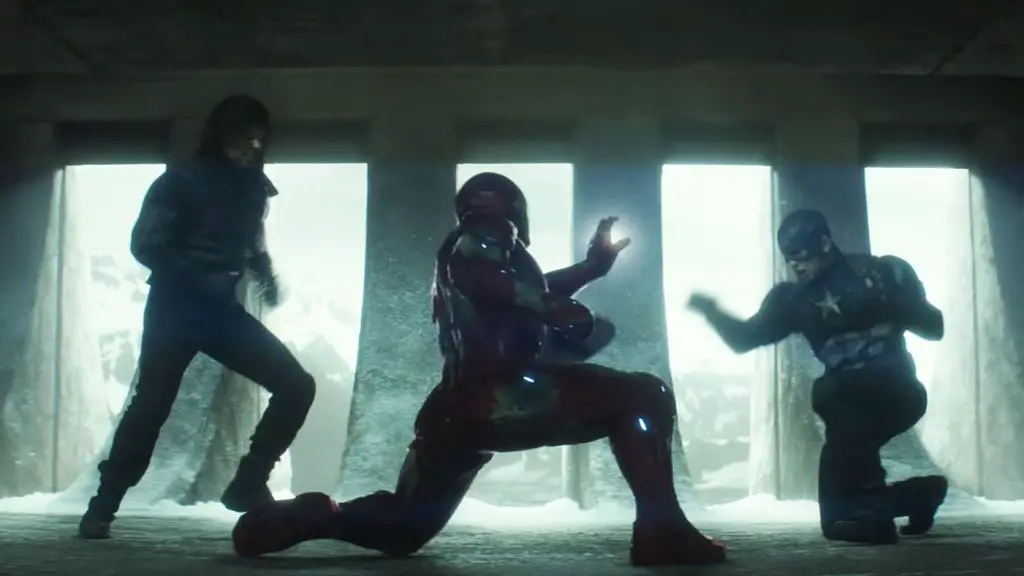 Imagine my surprise then, when I went into ‘Captain America’ and immediately found myself rooting for Tony. Maybe it’s because he actually listens to the complaints of civilians, or maybe it’s just because I’m a government sell out.
Imagine my surprise then, when I went into ‘Captain America’ and immediately found myself rooting for Tony. Maybe it’s because he actually listens to the complaints of civilians, or maybe it’s just because I’m a government sell out.
To be clear, I’m an X-men fan, so if there’s one thing I really don’t trust, it’s the United States government saying that they’re protecting people by keeping an especially close eye on those with superhuman abilities. “The U.S Government is responsible for some terrible things, in both the movie and comicverses. It creates the Sentinels, allows Colonel Stryker free reign for his unethical experimentation and even sets its sights on children during ‘Captain America.’
So what changed my mind? What made me side with Iron Man and the government? Well, let’s take a look. Warning: The following analysis contains major spoilers.
Let’s start with what the title suggests is the main conflict of the movie: the Sokovia Accords. Now, those of you who’ve read the comic book probably recognize these—it’s the MCU version of the Superhero Registration Act and, in a lot of ways, it’s very similar.
The Avengers have destroyed city after city in their attempts to save the world from its—no let me rephrase that—their enemies. General Ross, who introduces the team to the concept of the Sokovia Accords, may be skeevy as all hell, but you have to admit, he has a point. The Avengers, in trying to clean up their own messes, have caused a lot of property damage, and increasingly, loss of life, in the process. Though to be fair, it was the military that wanted to nuke New York.
So far so good. So what does each side argue here?
Steve says, “If someone dies on your watch you don’t give up.” He sees the Accords as an admittance that superheroes are dangerous and doing more harm than good. He really believes in some of the work they’ve done, like exposing Hydra, stopping Loki and stopping Ultron. By standing up to the villains, he’s fighting for the little guys, the skinny Brooklyn kids of the world. He believes that a U.N. Panel will do worse than bench him, they’ll use the Avengers for their own political gain. “It’s run by people with agendas, and agendas change,” he argues.
Okay, fair enough. Let’s keep in mind that Cap trusted S.H.I.E.L.D., at least until the organization turned out to be secretly run by Nazis that were trying to kill him.
Tony’s rebuttal?
Tony pulls out a picture of a boy who died while studying in Sokovia. The boy’s mother gave it to him after his presentation at M.I.T, after yelling that it was his fault the boy died in the first place. After revealing himself as Iron Man to the press, Tony has done little but try to fix his mistakes, mitigate and protect from damage caused by his actions. We see in ‘Captain America’ that his greatest fear is that his failings will lead to all of his friends, and the world with them, dying horribly.
Well, those are some pretty good points on both sides. Tony’s a little overzealous in his attempts to protect people, but it looks like both heroes have their hearts in the right place. At least until you start looking at Steve’s argument a little more closely. He’s concerned about “agendas” but what does he actually think is going to happen? The panel that’s supposed to oversee the Avengers is the U.N., and 117 separate countries believed the Sokovia Accords were necessary. That seemed to be enough to sway Rhody, especially given the fact that the Avengers are U.S.-based.
From the perspective of foreign diplomacy, it’s a bit concerning that the Avengers haven’t actually been checked before now, because despite what they claim, the super group is inherently biased toward the U.S. Funnily enough, Captain America is actually arguing against democracy here.
Steve can talk all he likes about standing up for the little guy and representing justice and not giving up, but at the end of the day, he cares about his own and only his own. Steve will do anything for what he thinks is right, and what he thinks is right in this movie is protecting Bucky, at the expense of everyone else. He had no problem throwing a car at a teenager he’s never seen before, even when Bucky began pulling his punches when he realized he was fighting a kid. He didn’t tell his teammate and friend about his parents’ murder, and he caused massive amounts of property damage.
All the Avengers are quick to take blame for their actions, I’m certainly not arguing with that, but at the end of the day, Helmut Zemo has an unsettling point when he says, “And the Avengers? They went home.” While they may try and minimize the damage while they’re actually fighting (something everyone seemed to forget during the conflict of this movie) once they’re done, they don’t stick around.
That fact alone isn’t enough to sway me to either side. Neither Tony nor Steve ever suggested they look for victims once the danger was over; it never occurred to either of them. The thing is though, Tony has a history of being confronted about his past mistakes, and let’s be fair, there are a lot of them, and then doing something about them. He even brings it up in his argument for the accords.
“That’s why I’m here,” Tony says. “When I realized what my weapons were capable of in the wrong hands, I shut it down, stopped making them.”
And when he got called out by the Maximoff twins for his company’s part in their deaths? He apologized. Tony isn’t a perfect man, but he tries. He, more than anyone else on the team, takes the vast amount of power he has at his disposal seriously.
And when Captain America gets called out for being a stubborn asshole he convinces everyone that he’s right and continues being a stubborn asshole.
I believe that, come the next movie in the series, Tony is going to remember to look for survivors, he’s going to stay after the conflict and do everything he can to help those who were affected by his actions. By working with Rhody on his trauma recovery and learning to use his new legs, Tony has already taken steps on that path. And Steve? I think Steve is more likely to give everyone a pat on the back and then leave the city burning behind him.


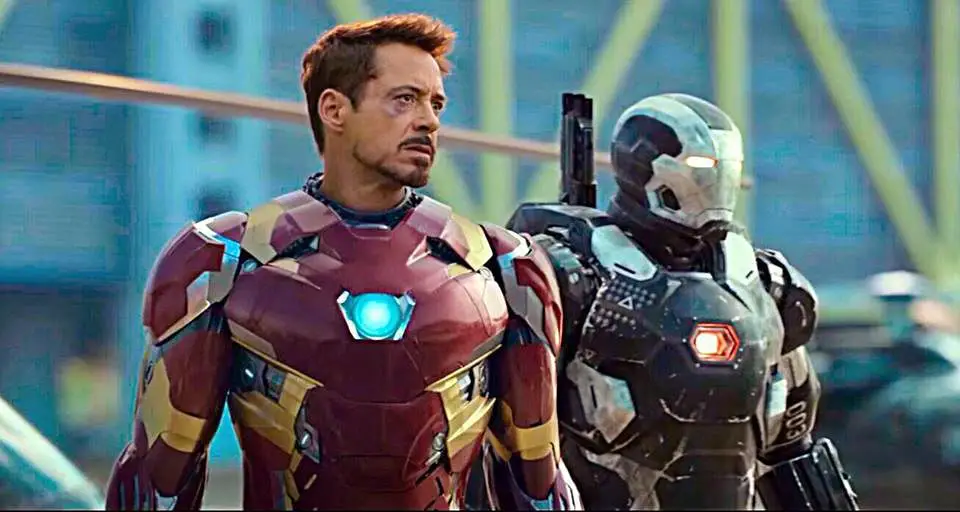

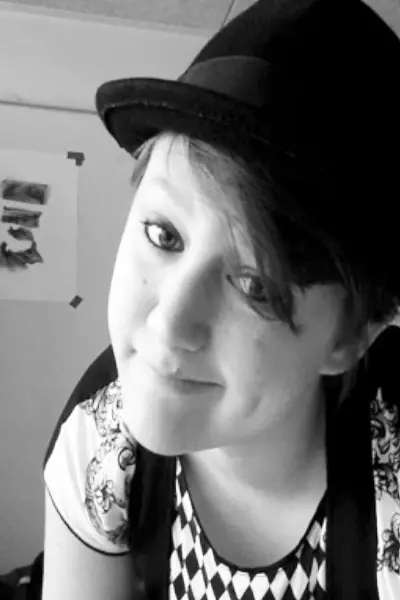



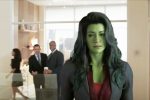



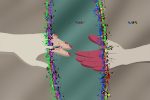





[…] classic that impressed the 2016 film of the same name is an ideal place to begin to whet your urge for food for the Marvel universe. This storyline pits […]